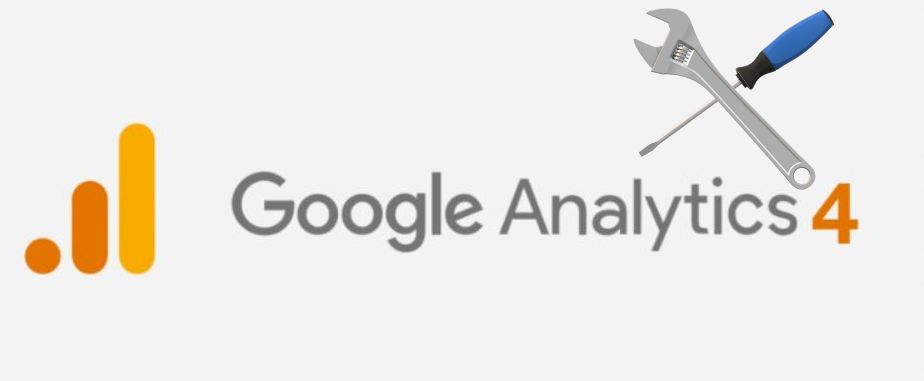
Principal – DW Creative Marketing
Dave Wieser is Principal of DW Creative Marketing, whose mission is to “Help the Doers create their legacy.” His career of 20+ years in the advertising and marketing industry has led to a wide range of experiential roles, including media selling, media buying/planning, marketing strategy, research, business intelligence and data analytics…


Dave Wieser
Principal - DW Creative Marketing
Contractors rely on leads for new business and Google Analytics is typically home base for website conversion tracking analytics, performance measurement and informing strategic user experience improvements. But did you know that Google Analytics, as the platform exists today, will be rendered irrelevant over in the next 1-2 years?
Google announced they are phasing out third party cookies in Google Chrome over a 3-month period starting in June of 2023. Since Chrome is the most used browser, that means Google Analytics (GA3) will be missing and unable to report on a large amount of data, which relies on user cookies. This shift into a “cookie-less” world is why contractors need to be proactive and setup GA4 now, so they can have historical data as the current GA4 become defunct.
We wanted to ask our expert partners at Jubilant Digital about the basics of GA4 and what contractors need to be doing to prepare for the change in analytics reporting.
What is GA4?
Josh Eliseuson/Jubilant Digital:
GA4 is the new version of Google Analytics that allows for people to keep tracking their website activities, post cookie. Google announced that cookies are going away on Chrome in June 2023 and since Chrome is the biggest browser, they’re basically effectively going away in all the internet. Safari/Apple blocks them already, so the current GA is not entirely accurate.
Morgan Nielsen/Jubilant Digital:
GA4 is more privacy focused on the user to remain anonymous, where they will be able to navigate the web and not have everything known about them. But that is going to change the way we report metrics. I think Google is nudging brands to focus on quality and making sure that people are taking action while on the website.
What are the benefits and differences of GA4?
Josh:
Like Morgan said, the benefits are on the privacy side, but the jury is out as to whether it will improve marketing insights. One can argue that it’s less data than the current GA, but at the end of the day, cookies are going away so we’re thankful to at least have it. I think these limitations are going to force companies to rely on a suite of analytics products to get a 360 view of their data and performance to inform reliable strategies moving forward.
Morgan:
GA4 is all about event tracking and how the user engages with the website. All your tracking is tied to events. Reaching a thank you page is an event. Scrolling, downloads, session starts, first time users are considered events and the reporting is centered around these events.
Josh:
Another important difference how much harder it is to setup on the website than the current version. Because GA4 is centered around events, it’s tied very closely with Google Tag Manager, so we are deploying it through Google Tag Manager, but that can be a bit of a learning curve for contractor that DIY’s their site’s web development or analytics tracking on the side.
GA4 is hard to deploy just on the website. With the current version of Google Analytics, you can install it with a WordPress plugin, but there’s a lot more development required to install GA4 directly on the site.
What should contractors be doing now to prepare for GA4 and a Cookie-Less World?
If they want to continue to use Google Analytics as a tool for insights, they need to be setting it up now. Ideally, to run in conjunction with the current GA. That way, when cookies go away and GA3 (current) becomes almost useless, they have historical data in GA4 that can be used, rather than starting from scratch. We are doing this for all our accounts, but as mentioned, this can be tricky for the DIY’er.